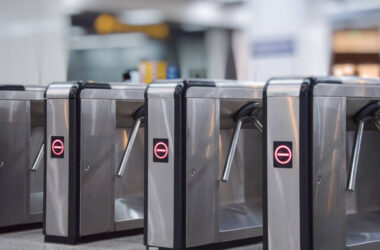Brussels recently hosted its ninth donor conference for Syria, committing €5.8 billion toward reconstruction efforts. However, only €720.5 million of that sum, designated for 2025 and 2026, is set to directly assist Syrians within the country and refugees in Lebanon, Jordan, and Iraq. The overall pledge also includes €1 billion for Turkey.
Yet, the total amount represents a 30% drop from last year’s €7.5 billion, largely due to the United States withdrawing its financial support.
At the conference, US Deputy Assistant Secretary of State Natasha Franceschi emphasized the need for other nations to step up and share the financial responsibility. Meanwhile, Syria’s Foreign Minister, Asaad al-Shibani, voiced frustration over the EU’s partial easing of sanctions, arguing that the changes failed to meet expectations. The EU had softened restrictions on Syria’s banking, energy, and transport sectors in February, but warned they could be reinstated if Syria’s new leadership did not embrace religious and ethnic inclusivity or uphold the rule of law.
Al-Shibani called for more decisive action, insisting, “These sanctions were placed on the former regime, yet we’re suffering the consequences for actions we didn’t commit.” His concerns were echoed by German MEP Hannah Neumann, who criticized the EU’s sluggish response to the fall of former Syrian leader Bashar al-Assad. Speaking at an Amnesty International event, she questioned how Syrians could rebuild their economy when financial transactions remained nearly impossible.
The conference itself, according to M’arouf Yousef, a field coordinator with Médecins Sans Frontières, lacked any real progress toward long-term recovery. He described the EU’s stance as “stagnant,” with no major developments to push Syria’s reconstruction forward. Turkey, home to roughly three million of the 6.7 million displaced Syrians worldwide, took a firm position ahead of the conference, demanding that all sanctions be lifted indefinitely.
The financial package from Brussels comprises €4.2 billion in grants, with the remainder allocated as loans. However, the International Rescue Committee (IRC) criticized the outcome, stating it fails to bridge the humanitarian funding gap. Tanya Evans, the IRC’s country director, warned that the €5.8 billion pledge is “nowhere near enough” to address Syria’s growing needs, adding that humanitarian organizations like the IRC are being forced to “do more with less.”
Complicating Syria’s situation further, renewed violence has erupted between the new government and remnants of Assad’s loyalists, particularly in the Alawite-dominated western regions. Reports suggest Iran may be playing a role in fueling the unrest, which has already led to hundreds of civilian casualties in March alone.
As tensions persist, Syria is increasingly seen as Europe’s responsibility. According to Steven Cook, a fellow at the Council on Foreign Relations, the US had distanced itself from the conflict long before the current administration took office, with former President Donald Trump making it clear that Syria was “not an American fight.”
While the donor conference provided some financial relief, it did little to change the broader landscape. Without more decisive action, Syria’s road to recovery remains uncertain.




